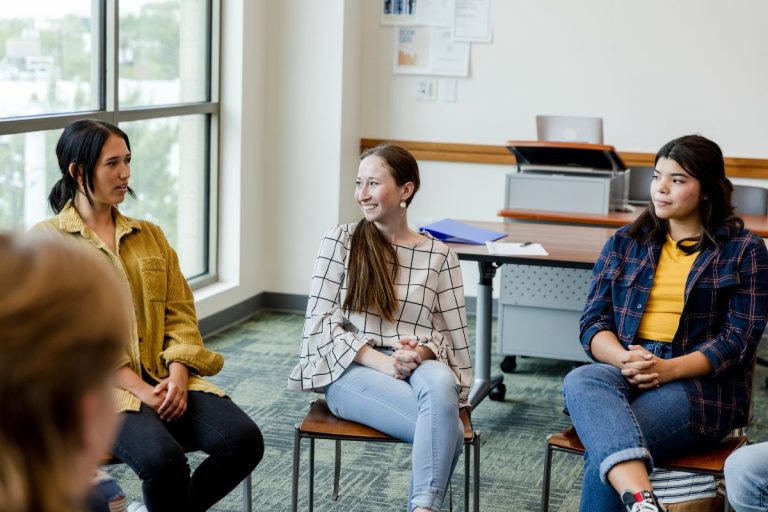Mental health challenges during adolescence deeply impact young lives, affecting academic performance, family relationships, and personal development. When traditional outpatient therapy proves insufficient, residential treatment provides a structured, comprehensive approach to healing. Understanding how these programs work helps families make informed decisions about their teen’s mental health care.
A multidimensional approach to healing underpins teen residential treatment. Programs typically combine individual therapy, group sessions, and family involvement to address various aspects of mental health. Licensed therapists work with teens using evidence-based approaches like Cognitive Behavioral Therapy (CBT) and Dialectical Behavior Therapy (DBT). These therapeutic methods help adolescents process trauma, manage anxiety and depression, and develop healthy coping mechanisms. Daily schedules in treatment programs are carefully structured to promote healing and growth. A typical day might include:
- Morning meditation or mindfulness practices
- Individual therapy sessions
- Group therapy workshops
- Academic classes
- Physical activity and recreation
- Life skills development
- Evening reflection time
Professional support system
A dedicated team of mental health professionals forms the backbone of effective treatment. This team typically includes psychiatrists, psychologists, therapists, behavioural specialists, and educational consultants working collaboratively to support each teen’s recovery journey. These professionals provide 24/7 supervision and support, ensuring immediate response to crises and consistent guidance through challenges. Mental health professionals work together to:
- Assess individual needs and challenges
- Develop personalized treatment plans
- Monitor progress and adjust approaches
- Provide medication management when needed
- Support emotional regulation development
- Guide behavioural modifications
- Foster healthy coping mechanisms
Family integration and healing
Programs incorporate regular family therapy sessions, parent education workshops, and family weekends to strengthen relationships and improve communication. Parents learn effective ways to support their teens while addressing family dynamics that may impact mental health. Many residential treatment centers for youth have found that family participation significantly improves treatment outcomes. Through structured family programs, parents and siblings learn:
- Effective communication strategies
- Boundary setting techniques
- Conflict resolution skills
- Understanding of mental health challenges
- Ways to support recovery at home
Academic progress and life skills development
Maintaining academic progress while addressing mental health needs remains a priority in residential treatment. Programs often include accredited educational components, allowing teens to stay on track with their studies. Small class sizes and individualized attention help students rebuild confidence in their academic abilities while developing essential study skills. Beyond academics, these centres focus on developing crucial life skills such as:
- Time management
- Stress reduction techniques
- Healthy relationship building
- Problem-solving strategies
- Emotional regulation
- Communication skills
- Personal hygiene and self-care
- Financial literacy
- Goal setting and planning
Long-term success and aftercare planning
The journey doesn’t end with residential treatment. Successful programs emphasize comprehensive aftercare planning to support long-term recovery. This includes developing transition strategies, connecting with outpatient providers, and establishing support networks in the home community. Aftercare plans typically address the following:
- Ongoing therapy needs
- Academic support requirements
- Family support systems
- Crisis prevention strategies
- Community resource connections
- Regular progress check-ins
- Support group participation
While the journey may be challenging, the structured environment and professional guidance offered through residential treatment help teens overcome mental health challenges and build a stronger foundation for their future.


Comments are closed.